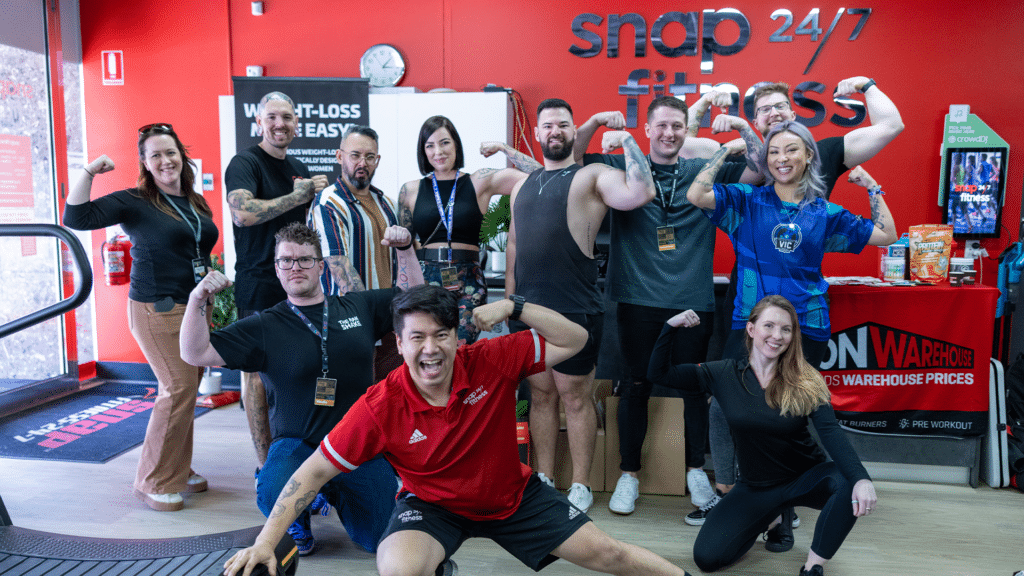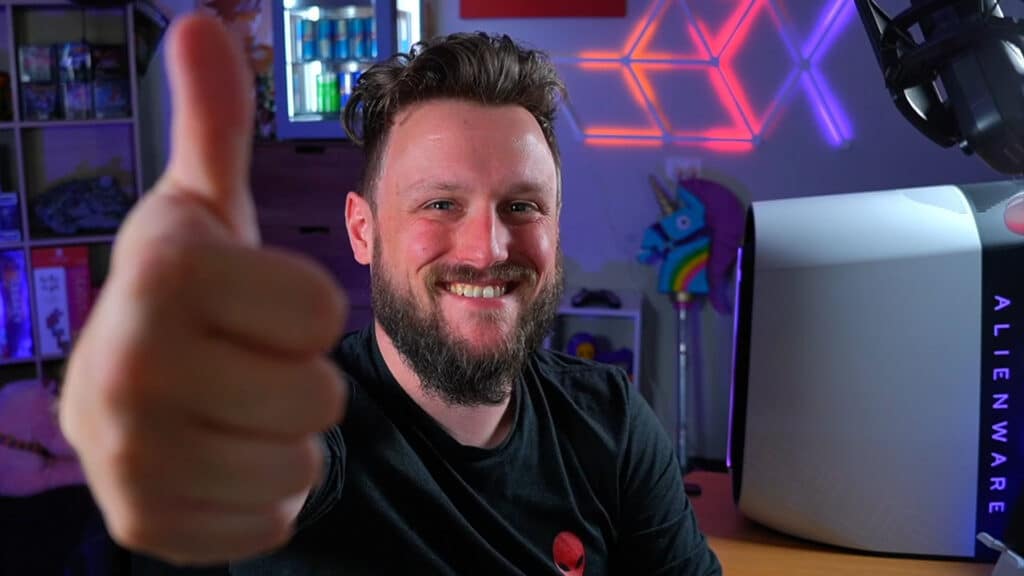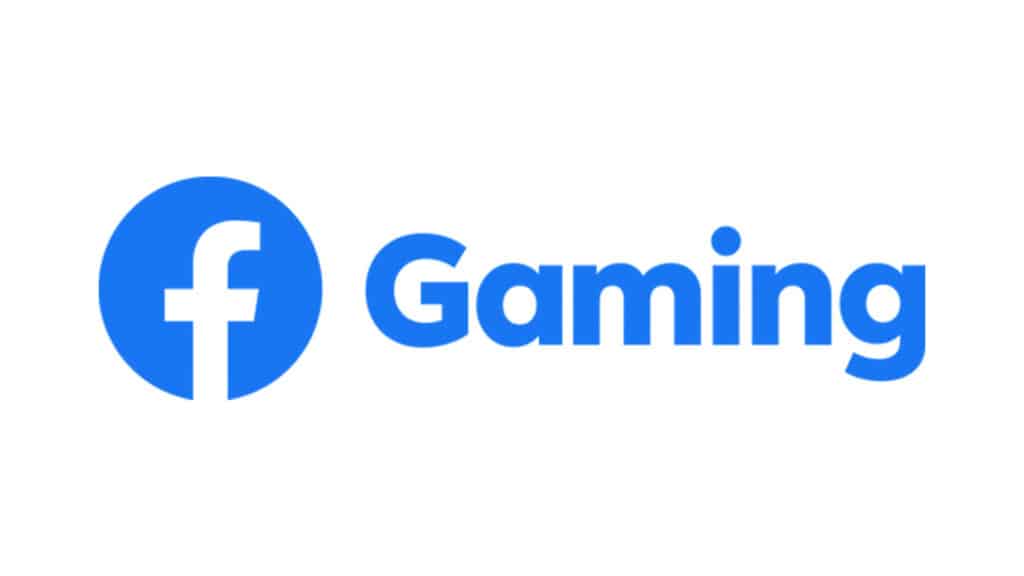This week, the upcoming game Detroit: Become Human from director David Cage and developers Quantic Dream has received a fair amount of mainstream media coverage.
Not for the amazing concept of life like humanoid androids attaining sentience that was inspired by a years-old tech demo from the Quantic Dreams studio.
Nor for the ridiculously in-depth interactive story arcs which branch off into a multitude of possible scenarios with a script of over 2,200 pages playable across 3 very different characters. (Not simply the one as weakly reported by another publication this week).
No, Detroit has been receiving attention due to the highly confronting trailer recently released.
Is this trailer a tough watch? Yes. And, having had a behind closed doors demonstration of this very scene, I can confirm that this does only show the easier to digest parts of the scene.
Should the game be banned or not stocked by stores due to the content?
The National Association for Prevention of Child Abuse and Neglect (NAPCAN) told Nine.com.au the game Detroit: Become Human was “very disturbing” and called on Australian stores not to stock it.
“Violence against women and children is not entertainment,” NAPCAN deputy chief executive Leesa Waters said.
“From what I have seen in the trailer, this content is very disturbing.
“The content of this game is so horrific that it is likely to cause trauma for anyone watching, let alone anyone who has experienced family violence.”
And I agree. The content of these scenes are traumatic and confronting. But, this is exactly why I believe the game needs to be available to the public.
According to Dr Glenn Cupit, a spokesman for Australian Council on Children and the Media (ACCM), Games such as Detroit: Become Human normalised family violence into amusement. And, this could NOT be more wrong.
Why Detroit: Become Human needs to be released
As YouTube streamer Kardplays tweeted in response to my initial thoughts on the 9News article:
“I love the concept of this game, it brought up many emotions in me watching the trailer, I think games should include situations like this as it helps people identify what’s right and wrong. Growing up, I thought domestic violence was normal and what all Fathers did.”

The problem its critics have is that it turns the very serious issue of domestic violence into a concept people can play, However, this is an incorrect portrayal of the scene in question. In this scene you are not in control of conducting the domestic violence, If that was the case I would be right behind the banning of this title.
Not just a game
Now let’s have the discussion on what video games have become. Gaming is no longer simply shooters or space invaders purely there for entertainment and fun. Video games have grown to become highly story driven narratives that not only rival Hollywood in a financial sense, but in a storytelling sense. Movies are linear start/middle/end stories that tell you one way the story could go.
Video games offer more of a complete narrative. Games like Detroit, Until Dawn and the Telltale titles with real-world decision elements, explore these choices and outcomes. Players are provided with an in-depth exploration of outcomes, backstory and more.
Hollywood has explored rape, abuse, violence and worse over the years. Once upon a time, it was facing the same censorship threats as video games do now. But, we have progressed with the use of warnings and rating systems that protect the vulnerable.
We need to start a discussion
As a Kiwi, I look back on the film Once Were Warriors. This film was deep, confronting and at times very hard to watch. However, the film raised very real issues and started a discussion in New Zealand that needed to be had!
Staying silent, not talking about or portraying the horrible realities some people live every day is not the way to address these issues. If we don’t use art in all forms to start these discussions, we may never have them.
Instead of fighting this title’s release, maybe NAPCAN could partner with Sony to use the discussion for good. They can use the recently begun discussion to educate people on how to look for the signs of domestic violence. More importantly, they can help show what people can do about it.
If you or someone you know is impacted by sexual assault, domestic or family violence:
Australia: Call 1800RESPECT on 1800 737 732 or visit 1800RESPECT.org.au In an emergency, call 000.
New Zealand: Call Family Violence Information Line (0800 456 450), Women’s Refuge Phone 0800 REFUGE or Visit areyouok.org.nz In an emergency call 111




